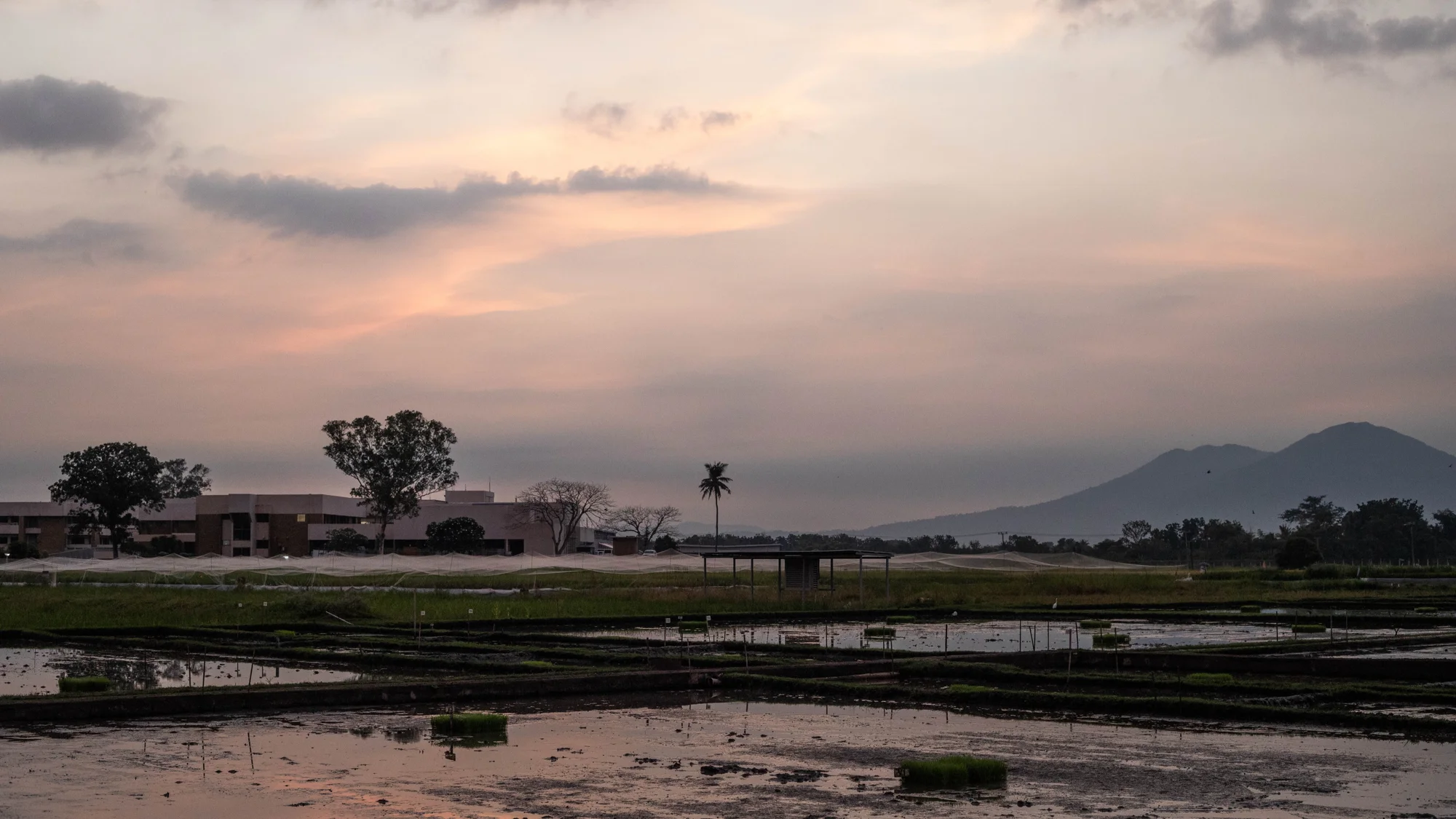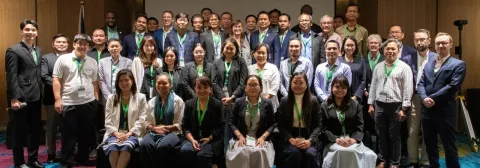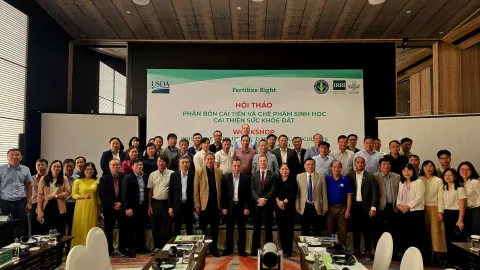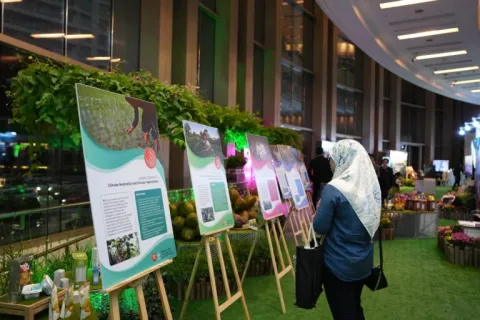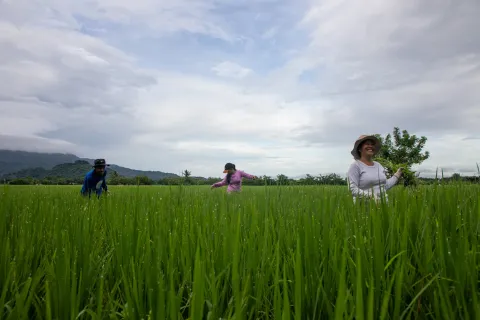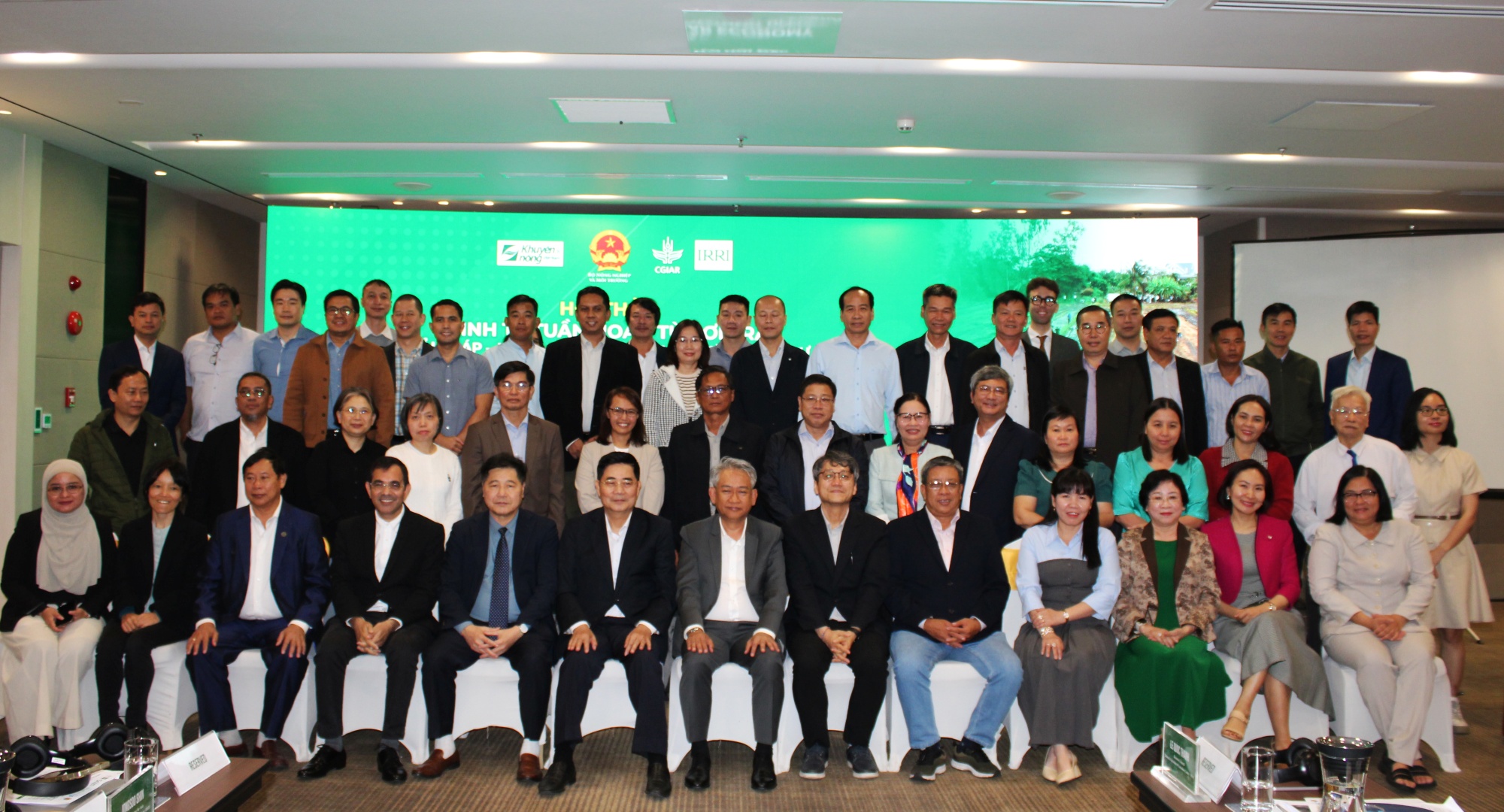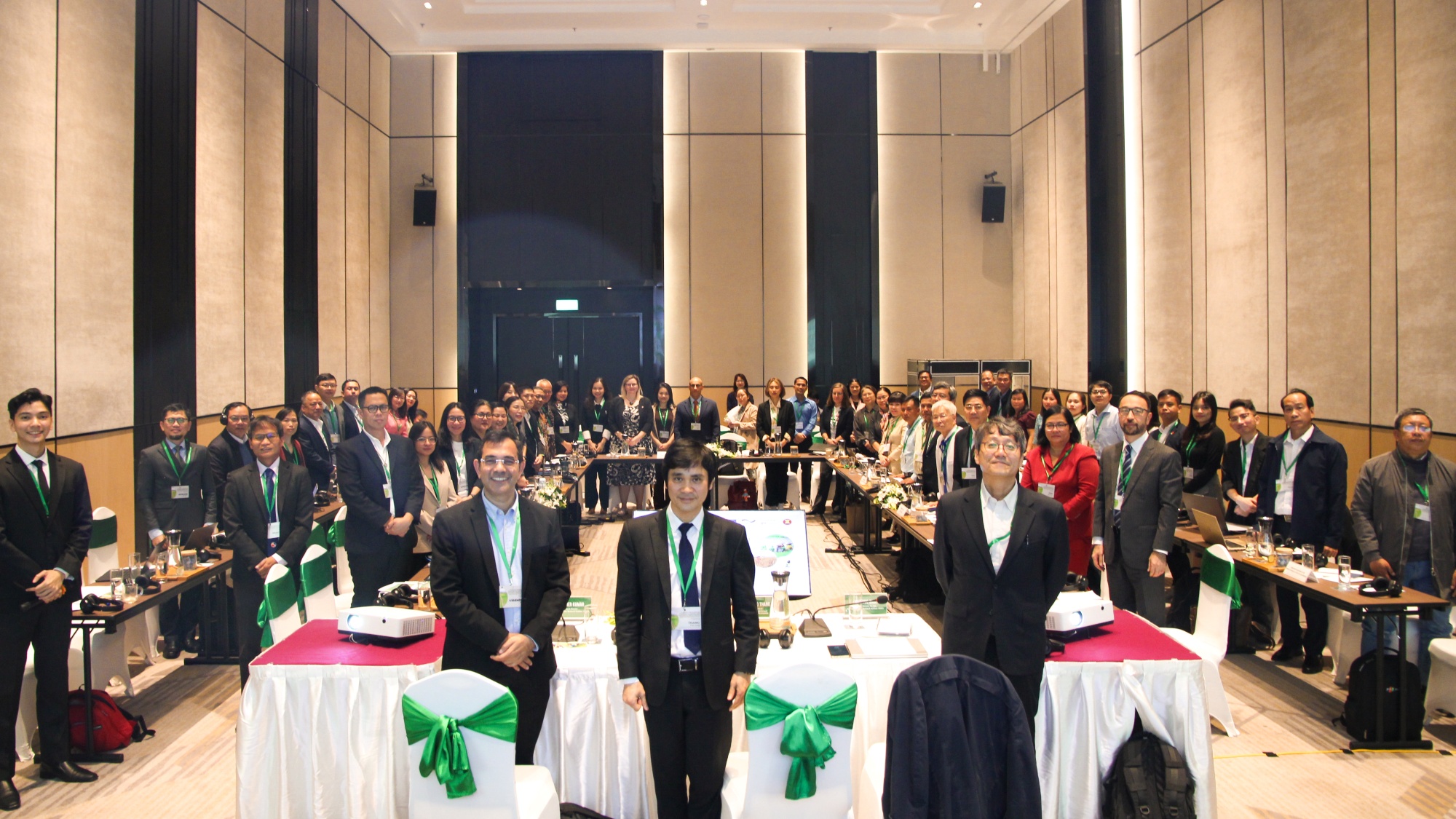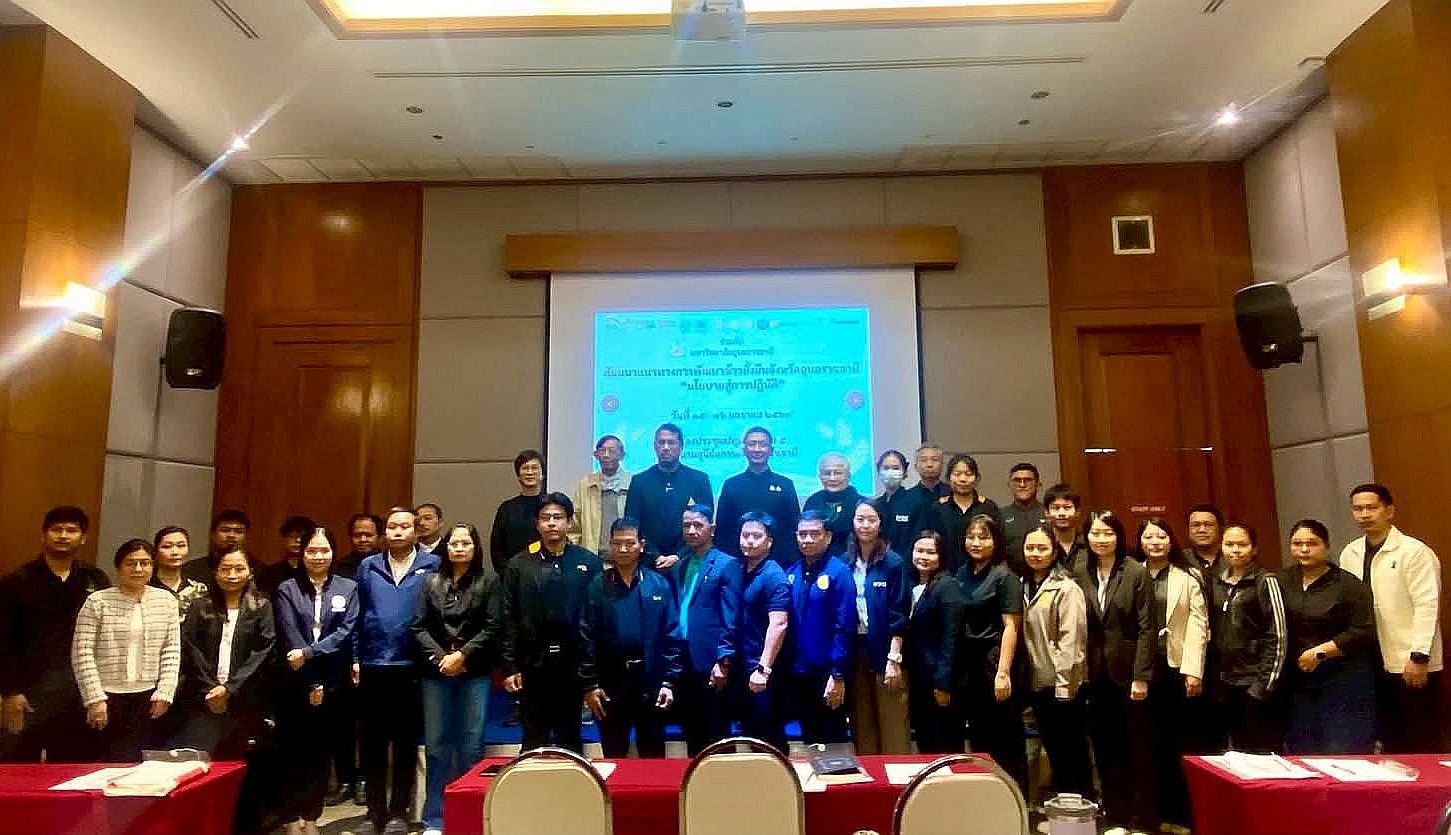Overview
Vietnam's rice sector is a cornerstone of its economy and regional food security, producing over 42 million tons in 2022, with the Mekong River Delta contributing roughly 50%. Vietnam ranks third in rice exports globally, trailing only slightly behind Thailand in volume but trading at 36% lower value. While past intensification efforts have been successful, the focus is now shifting towards high-quality, low-emission production. The government's ambitious One Million Hectares of High Quality and Low-Emission Rice (1mHa) Program signifies this transition, aiming for a specialized, sustainable, and climate-resilient value chain.
Challenges in the rice value chain include the need for sustainable intensification, adaptation to climate change impacts like drought and salinity, high agronomic inputs due to low farming efficiency, high Greenhouse Gases (GHG) emission due to the conventional practices of continuous flooding irrigation and rice straw management. To address these, IRRI, in collaboration with the Government and partners in Vietnam, developed the technical guidelines associated with high quality and low-emission rice production, which is well demonstrated through pilot models ìn 2024-2025. Furthermore, IRRI offers thematic solutions centered on:
- Breeding rice varieties for tolerance to drought, salinity, submergence, and improved quality.
- Developing and promoting innovations supporting high productivity and low-emission rice production, such as mechanized direct seeding combined fertilizer deep placement, alternate wetting and drying, and climate-smart mapping and adaptation planning, etc. to enhance soil health, land use and water productivity, conserve resources, rice farming productivity, and reduce emissions.
- Improving crop residue management and circular economy, including innovations for improved in-field rice straw decomposition and optimized off-field handling, processing, and recycling of organic fertilizer back to the field.
- Developing digital tools for monitoring, reporting, and verification (MRV) of GHG emissions like the Rice Computation Engine for Greenhouse Gas Emissions (RiceGEM) and Rice Activity Monitoring and Reporting System (RiceMoRe).
- Enhancing capacity building efficiency through AI-based E-Extension and providing training on advanced rice management and new technologies.
- Improving rice value chains through EasyFarm app - matchmaking between farmers and other stakeholders along rice value chains.
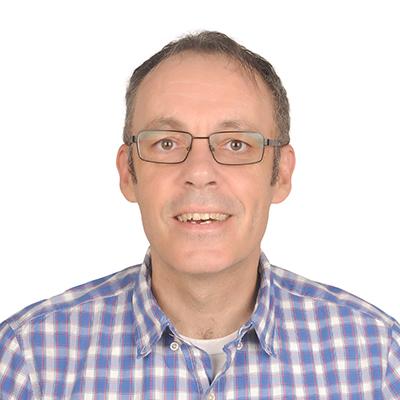
Robert Caudwell
IRRI Country Representative for Vietnam, Laos, and Myanmar
Office Address
Agricultural Genetics Institute
KM 2- Duong Pham Van Dong
Bac Tu Liem, Hanoi
Phone Number: +84 24 38360026
